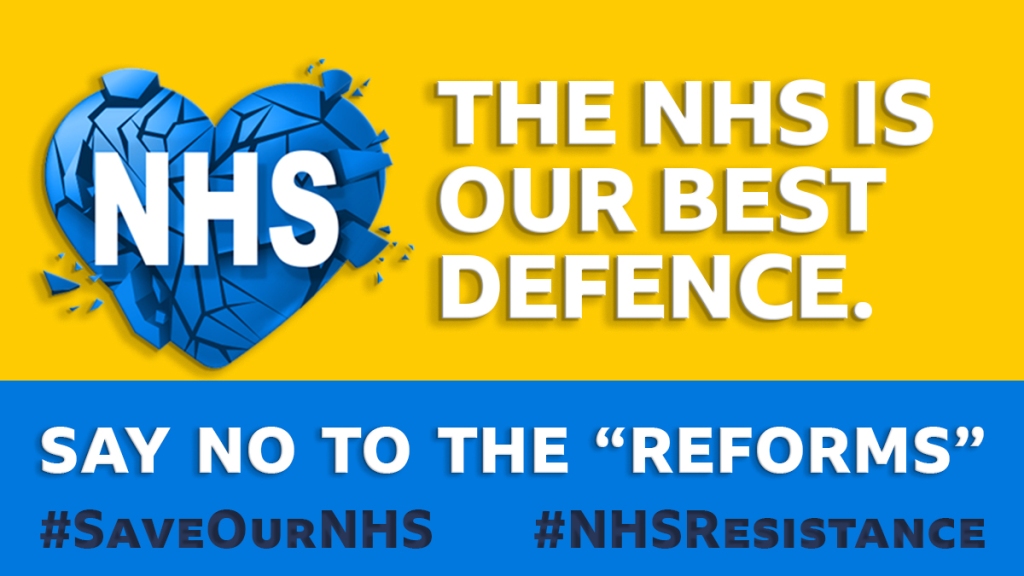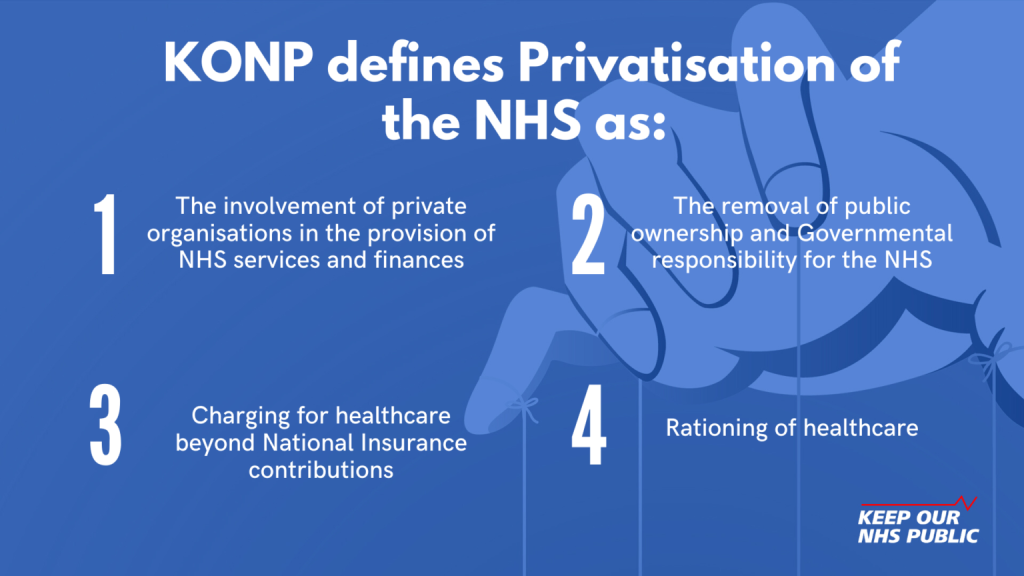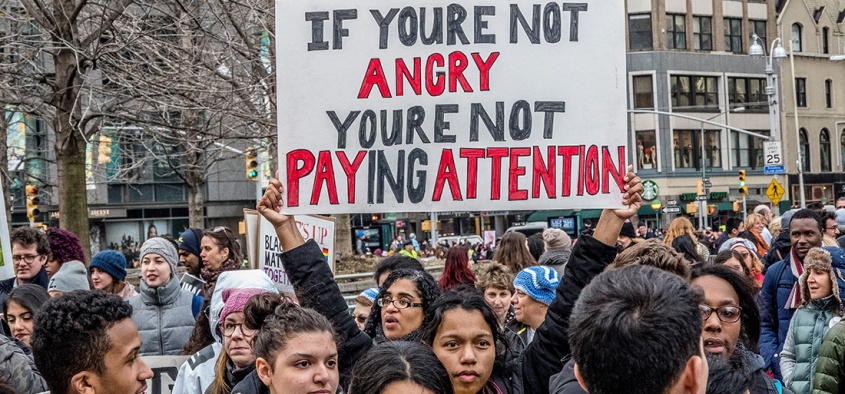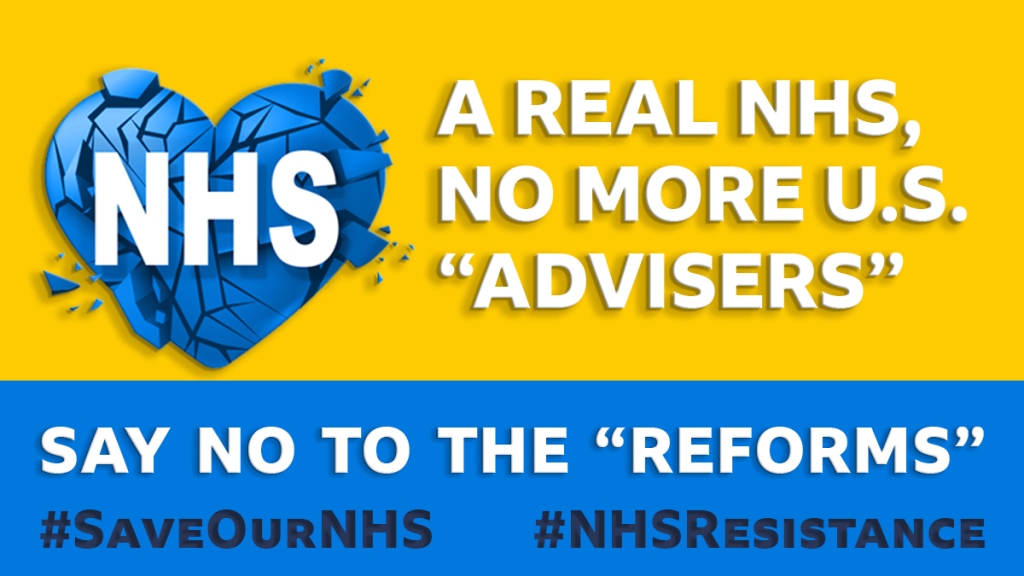
Liverpool City Council will discuss the new health service configuration called the ICS for the first time since we lost the battle against the Health and Care Bill in Parliament. The battle for our healthcare will now take a different more urgent form, and councils have a part to play. We list below some key issues Councillors should raise.
Mental health, CAMHS, maternity, dentistry, GP services, Accident and Emergency, waiting lists waiting times, staff pay, staff retention, and staff working conditions are all under dreadful stress. Covid is simmering away and we have to prepare for a further outbreak or a big winter of flu. This huge restructuring to favour the private sector adds fuel to the fire.
Liverpool Council will discuss the implementation of the Integrated (not) Care System on Wednesday (25 05 22). All the other Cheshire and Merseyside Councils will be having similar discussions.
The Cheshire & Merseyside ICS is item 16 on the agenda at the city council.

Life expectancy has fallen. Life expectancy in good health has fallen (figures from before the pandemic which caused further falls) Our people are dying and getting ill earlier and not just because of a badly managed pandemic, but because of austerity and the decline in the NHS under Conservative and ConDem governments. It is on their watch. They carry the responsibility.
The NHS has many intertwined crises that this reorganisation does not address. Please see below for more on these urgent health care issues.
Councillors can significantly help protect healthcare in our area by adopting these immediate demands, drawn up by health campaigners across England.
Immediate issues. Councils are the only democratically elected organisations with any direct influence on these new ICS structures. Councillors can report directly to their electorate to put these policies under the spotlight.
ICB Constitution. Each integrated Care Board must write its constitution.
We are asking councillors to please ensure the following commitments are written into the ICS constitution:
That the ICS in Cheshire and Merseyside will maintain a comprehensive health service, free at the point of need, accessible to everyone living in the area – including homeless people – at the time when they need health care or treatment.
That anyone needing emergency or urgent services while present in the ICS’s geographical footprint will receive the necessary treatment, whether or not they are registered with, or permanently reside within, the ICS area.
That ICSs should not include private sector representatives on any ICS boards or committees or any bodies with delegated powers from the ICB.
Privatising is a multilayered process. See this for a working definition.This new system is designed to limit care, and make a profit for private providers. However, this is rarely said in public. Privatising healthcare is still extremely unpopular. Government and NHS chiefs do not like discussing it. The Public does not want this to happen. Councillors though answer to their electorate and must speak up for them.
That NHS providers are the default providers of health services, care and treatment, and that as contracts with private sector companies come up for renewal the default position is that they will be awarded to NHS providers.
That if any contracts do continue to be awarded to the private sector, there must be vigorous scrutiny to ensure that this is conducted in a transparent and accountable manner.
That the Integrated Care Board include a councillor from each local authority covered by the ICS, not just one representative covering all the local authorities in an area.
That the Integrated Care Board must include representatives of professionals from Mental Health, Community Health, Maternity, Primary Care and Public Health, as well as from Acute services.
A commitment that maternity care will meet every aspect of Donna Ockendon’s report, including the required staffing
That Integrated Care Boards, Integrated Care Partnership body, place-based bodies, committees and sub-committees will include representatives of patients’ groups and of NHS staff trade unions.
That it be ensured that before a patient is discharged from the hospital, it is safe to do so and that any unpaid carers expected to look after the patient are both willing and capable of doing so, and that the operation of the discharge policy will be audited.
That nationally agreed pay, terms and conditions, including pensions, as negotiated with the NHS staff unions, will apply to all staff employed by any NHS provider within the ICS area.
That there must be a discussion with NHS staff unions about safe staffing levels and what is needed to ensure they can be implemented.
In item 16, there appear to be no councillors on the IC Board, only two executives from across the 9 Cheshire & Merseyside local authorities. These people will not be there to represent local authorities’ policies. Is this acceptable to Councillors?
The ICS structure has been tried in pilots and found wanting. The model has major faults.
Liverpool Policy
Liverpool City Council policy has been to oppose the introduction of the 40+ separate health systems (ICS=Integrated Care Systems) through the Health & Care Bill, now the Health & Care Act. This Act deliberately breaks up a national health service into these separate units, whose shadow structures (ICS) were set up ‘extra-legally’ before the Act became law.
Multiple Crises in Healthcare in May 2022
This new system starts with cuts. They talk the sweet words of Transformation but it is a brutal change they are implementing. Our hospitals, GP services, maternity, mental health and dentistry services are all struggling to cope, and at times failing. We are already so understaffed that maternity cannot provide one midwife to one woman giving birth.
Local mental health patients in crisis are being sent to distant cities just to get a bed.
Staff costs cover 46.6% according to The Kings Fund. Other surveys put it much higher. So, all cuts would hit staffing.
“Every health system has seen their core recurrent funding reduce in real terms in 2022-23, analysis by HSJ reveals;
- An increase in recurrent allocations wiped out by inflation
- The situation is likely to be worse than official figures suggest
- Every health system subject to real terms cut in core spending per head”
The Government has come up with some more money or some services but by robbing Peter to pay Paul, not producing real increases
HSSF
The HSSF is a list of companies that can be given NHS work without the normal bidding and scrutiny process
“Huge US transnationals are accredited by NHS England through the Health Systems Support Framework, to gain NHS contracts.”
Hospital Closures
The Act allows the Secretary of State to interfere early to decide on local ‘reconfigurations’ including hospital closures, thwarting public consultation, and weakening the say local authorities and councillors have on NHS plans in their area.
“Moving specialised services commissioning from NHS England to integrated
care systems risk fragmenting provision, creating postcode lotteries and diluting quality and expertise” a group representing some of the largest tertiary trusts has told NHS England.
We have had enough of closures, reduction in bed numbers and the chaos of the Liverpool Royal Carilion building.
Public Questions
The public will have no right to ask questions and get answers from the ICB or its committees and can be excluded from meetings. Who will see if health care treatment is just adequate and fair?
The report on the ICS Joint Health & Scrutiny Arrangements recommends the setting up of a Joint Health Scrutiny Committee across all nine local authorities in the Cheshire & Merseyside area.
Questions that need answering:

- How can Ockendon’s report on Maternity failings be tackled if large cuts are involved before the system is even legally launched? How can it tackle the Mental Health crisis, the GP crisis, the A+E crisis, the workload and workforce crises and Ambulance crises with fewer funds? We weep for the babies who died unnecessarily yet allow the situation to deteriorate beyond what it was when Ockendon investigated. Already this city has the worst deaths under one year old, and that does not include stillbirths.
- How is Maternity represented on the ICS? Who on the ICS will be responsible? Every hospital must now have an ‘Ockendon rep,’ but not the ICS?
- How will the Council’s Social Care Budget be impacted? The Act gives the ICS significant powers that need to be clarified, if necessary, in law.
- How will the ICS ensure probity in allocating services to the companies on the HSSF list
- How will the ICB ensure no health worker is denied decent pay?
The ICS model is based on a specific US model designed to make money for the private sector, ration patient treatment, and reduce staff pay. It has widened health inequalities. These organisations are now being used to privatise even Medicaid in the US.
For further information about how this has worked out for other areas see this from Calderdale
There are already talks of further reorganisation in Liverpool, according to the HSJ, including merging all the hospitals.
Remember how amazing the NHS was and could be again
Please email us for further details at TakebacktheNHS@protonmail.com
Follow the QR code to a digital version of this article



Great blog post, shared to Stop STPs fb page.
LikeLike
Thankyou.
We need to spread the word
Felicity
LikeLike